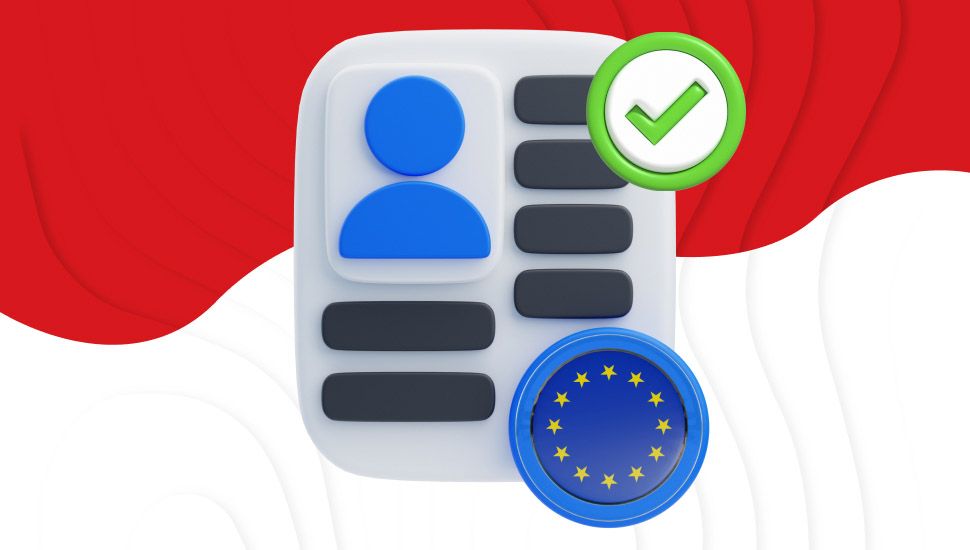
EU Tightens Age Verification Rules for Online Casino Operators
On 14 July, the European Commission introduced updated guidelines under the Digital Services Act (DSA), officially classifying online gambling as a high-risk digital activity for minors. These changes introduce stricter compliance standards for casino operators across the European Union.
Mandatory Age Verification Measures

Operators can no longer rely on basic age declarations to grant access. The Commission now requires platforms to implement verifiable age-check systems, such as those that verify age through government-issued identification. Self-certification methods are no longer considered acceptable under EU regulatory expectations.
New Compliance Requirements for Operators
The guidelines outline specific areas of concern that operators must address:
- Loot boxes and other forms of monetised randomised rewards must be restricted to adults. Platforms offering such features must apply strict age verification protocols.
- Manipulative design elements, including those encouraging compulsive behaviour or exploiting psychological vulnerabilities, are now restricted, particularly if they appeal to younger audiences.
- Influencer marketing targeting minors is prohibited. Operators must review their promotional channels and content to ensure full compliance with all applicable regulations.
Regulatory Enforcement and Risks
Although the guidelines are described as advisory, they will serve as a basis for evaluating Digital Services Act enforcement. Failure to implement adequate measures may result in regulatory penalties or further action by supervisory authorities.
EU Digital Identity Wallet Solution
The EU is currently developing the Digital Identity Wallet, a privacy-focused tool that allows users to verify their age without disclosing unnecessary personal details. This solution is expected to become the standard method for age verification across regulated platforms.
What This Means for You
Online casino users can expect to encounter stricter identity checks, including the requirement to submit valid identification documents. While this may increase verification times, it supports a more secure and responsible gambling environment.
For operators, the updated framework signals a shift towards greater regulatory accountability. These guidelines reflect the EU’s strengthened focus on player protection, especially for minors, and are part of a broader initiative to improve oversight in digital gambling services. Additional requirements may be introduced as the regulatory framework continues to evolve.
Other Articles You May Be Interested In







Log in or sign up to leave a comment or rate this article
